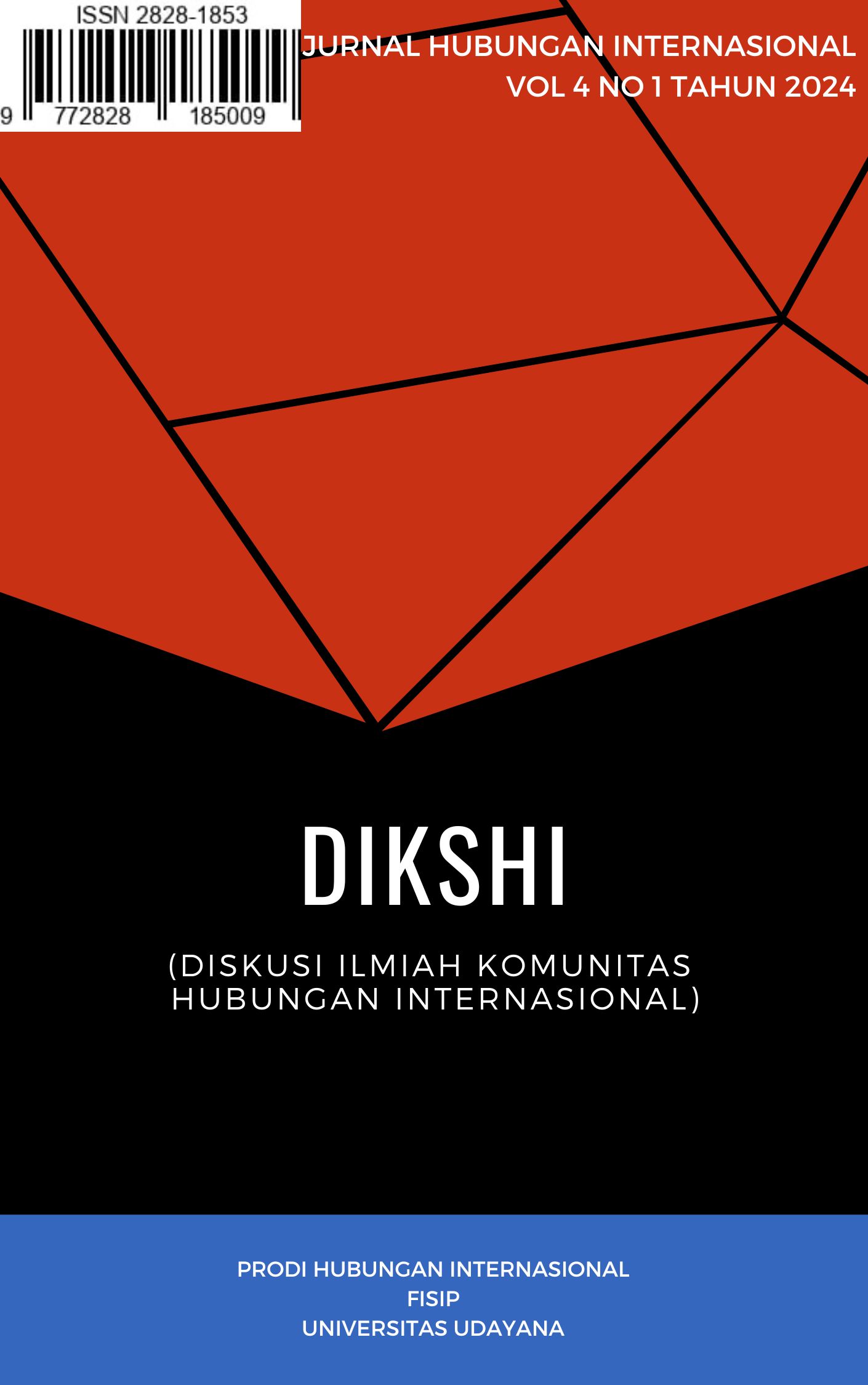Persepsi Partisipan Global Hansik Campaign (K-Food Fair) di Jakarta Terhadap Kebudayaan Korea Selatan
Abstract
South Korea is one of the countries that is active in spreading its culture globally through various media, either directly or indirectly. This study aims to find out one of the Korean culture, especially in the field of food which is disseminated through a campaign called the Global Hansik Campaign . One of the events campaign which is routinely held in Jakarta, Indonesia is called the Korean Food Fair . Korean food became popular among the people, then supported by the implementation of the K-food Fair which was held openly and involved a number of participants. This study uses a qualitative method using the concept of soft power as a form of implementation from the Korean Government in spreading culture and early introduction of participants to Korean culture and supported by symbolic interaction theory in supporting analysis for the process of forming participant perceptions. The used of concepts and theories, researcher found that the participants' perceptions depended on the interactions created by each individual and the surrounding environment. Thus, perception is related to the process and meaning understood by participants regarding the K-Food Fair and Korean culture. Meanings created through the process of interaction are not the same and different. In addition, this study also shows that there is a relationship between the formation of a perception that can affect the lives of participants.








